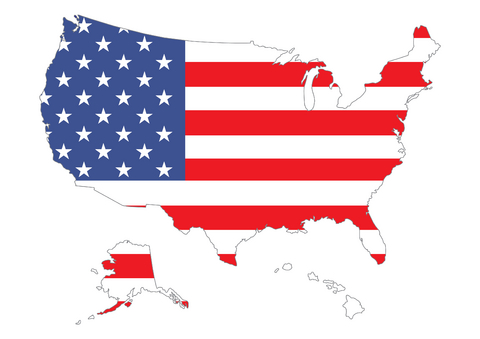
Since the 2008 US mortgage crisis brought down the worldwide economy we have become used to ultra-low interest rates. This has led to historically low mortgage rates which have in many cases helped to support the market during difficult times. Even though US interest rates began to tick up in 2016, and are expected to move higher in 2017, rising interest rates are not necessarily bad for the worldwide property market.
Economic activity
The simple fact is that the US authorities would not even contemplate increasing interest rates unless there were signs that the economy was moving ahead strongly. It would be wrong to suggest the US market was in “boom time” but there are signs of a concerted increase in economic activity. The reality is that unchecked growth can lead to significant problems further down the line and the US authorities are right to combat growing momentum with increased interest rates. In the real world interest rates at the moment are certainly encouraging debt fuelled investment in property.
Controlled inflation
Zero inflation and negative inflation simply eat away at the real value of assets and the real value of income. Therefore, controlled positive inflation is something which the property market requires to grow in the longer term. If we take the subject of rental income, it is very difficult to push through any rent rises above and beyond the rate of inflation. So, if there is modest inflation then this allows landlords to increase their rent (within affordable levels for a growing economy) which also has a knock-on effect on the value of property.
This is perfectly illustrated by the simple scenario of a property attracting an annual income of £10,000 per annum. If we take a 10% rental yield this means that the property is in the theory worth £100,000. However, an increase of say 5% would bring the annual rental income to £10,500 and, using a 10% rental yield, the value of the property would be £105,000. This is where inflation can have a positive impact upon rental income and property valuations.
Erring on the side of caution
It would be very easy to sit back and maintain relatively low US base rates to encourage significant investment in the likes of property and growth in the economy. The problem is that a delay in increasing interest rates would simply pile up consumer/investor levels of debt and more people would suffer when base rates eventually increased. If for example mortgage rates were to increase from a ballpark figure of 4% to 5% this is a 25% increase in financing costs. The actual 1% increase in base rates looks minimal on paper but the impact to investors who have perhaps borrowed beyond their means can be catastrophic.
Conclusion
Many people automatically assume that higher interest rates and high rates of inflation are negative for the worldwide property market. This is simply not the case because inflation allows a legitimate increase in rental income for example which has a knock-on effect on the theoretic value of a property. Leaving any interest rate rise too long or moving too high too quickly could also damage any potential economic recovery. This is a very difficult balancing game which many investors and consumers perhaps fail to appreciate.

